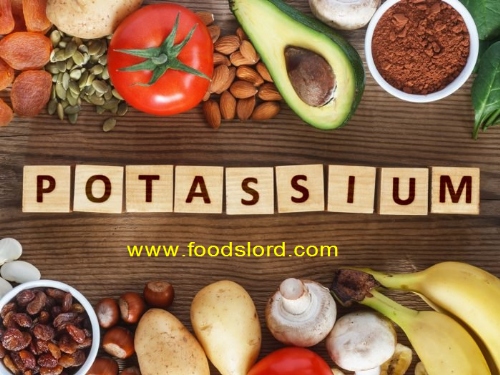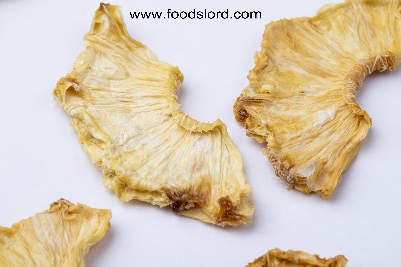Organic dried fruits are not only delicious snacks to munch on while hiking but have many health benefits as well. For instance, the phenols in the skin of an apple provide UV-B protection against sun damage, and the potassium in a banana help maintain muscle function.
Dry fruits contain multiple vitamins (A, B, C, Calcium, Iron, and Magnesium) and are loaded with fructose, a natural fruit sugar that provides its sweet taste. Fructose, unlike man-made sugar, works in combination with the soluble fiber of the fruit to break sugar down gradually (keeping the body’s glucose stabilized) while it converts it into energy for the body.
Potassium, Iron, and Exercise
Hikers will need more potassium to replace that which is lost from the muscles while hiking and excreted through sweating and urination. It is essential to replenish potassium levels if you become sick and are vomiting or have diarrhea. Low potassium levels can cause muscle cramps, fatigue, and irregular heartbeat.
Also, consuming processed foods loaded with sodium increases the need for potassium. This is because potassium and sodium work together to maintain the body’s water balance. A diet high in sodium causes more potassium to be lost. Unfortunately, potassium is missing or at inadequate levels in processed foods. Sport and vitamin drinks are often poor sources of potassium.

Eating dried fruits such as banana, raisins, dates, are all good sources of potassium. Potato flakes are also a great way to replace the potassium lost while backpacking.
Which dried fruits should you take while hiking?
1. APPLES
Depending on how apples are dried, the texture can be leathery and chewy (dehydrated/heat dried), or crunchy and crisp (freeze-dried). The flavor of dried apple depends on the variety of the apple, ranging from sweet to tart. Apples are a fruit unmatched by other fruits in their ability to combine fiber, flavonoids, and antioxidant nutrients. To get the most nutrient advantage, look for apples that are dried with their skin intact as most of the benefits of apples (antioxidants) are contained within the skin.
2. RAISINS
Grapes, when dried, become small and chewy, bursting with sweetness. Iron, an essential mineral for maintaining the delivery of oxygen throughout the body, is high in raisins.
3. BANANAS
The sweet fleshy part of the fruit is dried into chips and strips, or powdered to make instant smoothies and to sweeten dishes. Banana acts as a natural antacid for the body by helping the digestive system activate the cells responsible for coating the lining of the stomach with thick protective mucus. They also contain pectin, soluble fiber to normalize the elimination of food through the digestive system. Most important, bananas replenish potassium, an essential electrolyte for regulating fluid balance, muscle function, and regular heart rhythm.
4. MANGO or PINEAPPLE
A taste that blends flavors of pineapple and peach, mangoes are a good source of Potassium, Vitamins A and C, and Beta Carotene. Pineapple contains a substance called bromelain, which offers many health benefits, including reduced inflammation & tumor growth and blood coagulation.

Source: The best snacks for hiking







